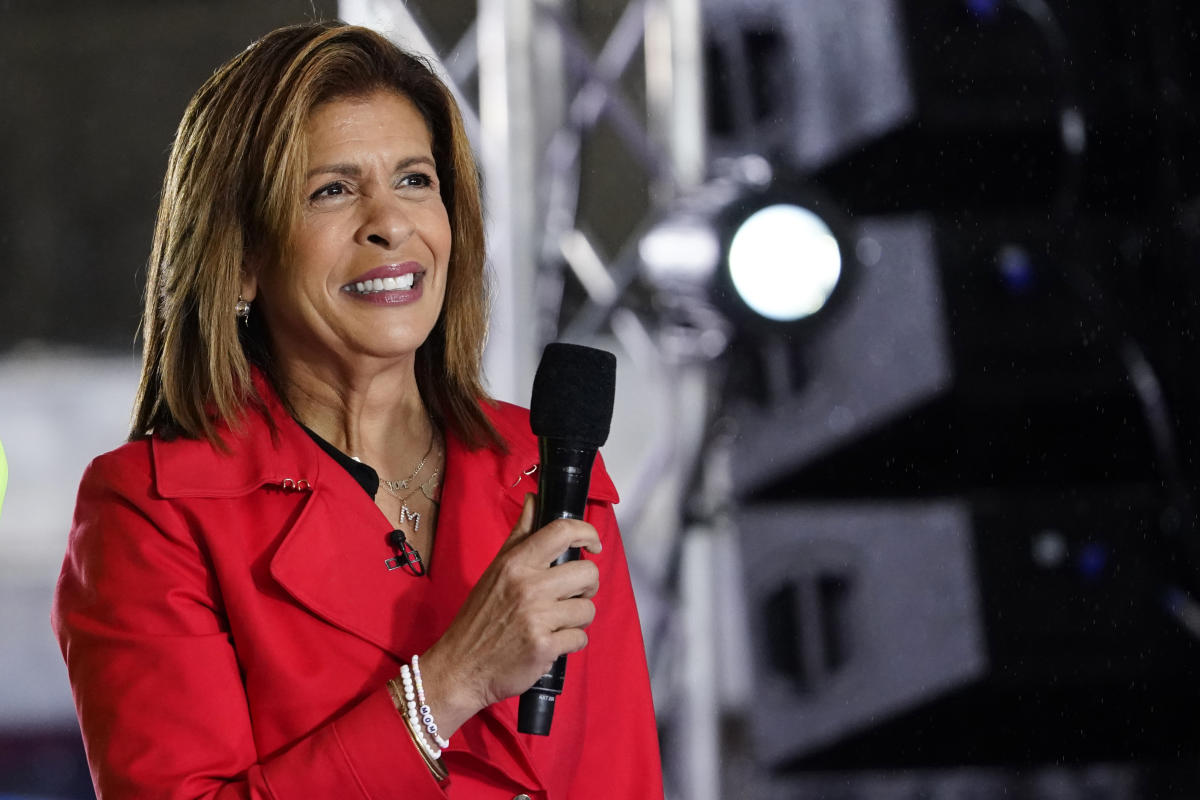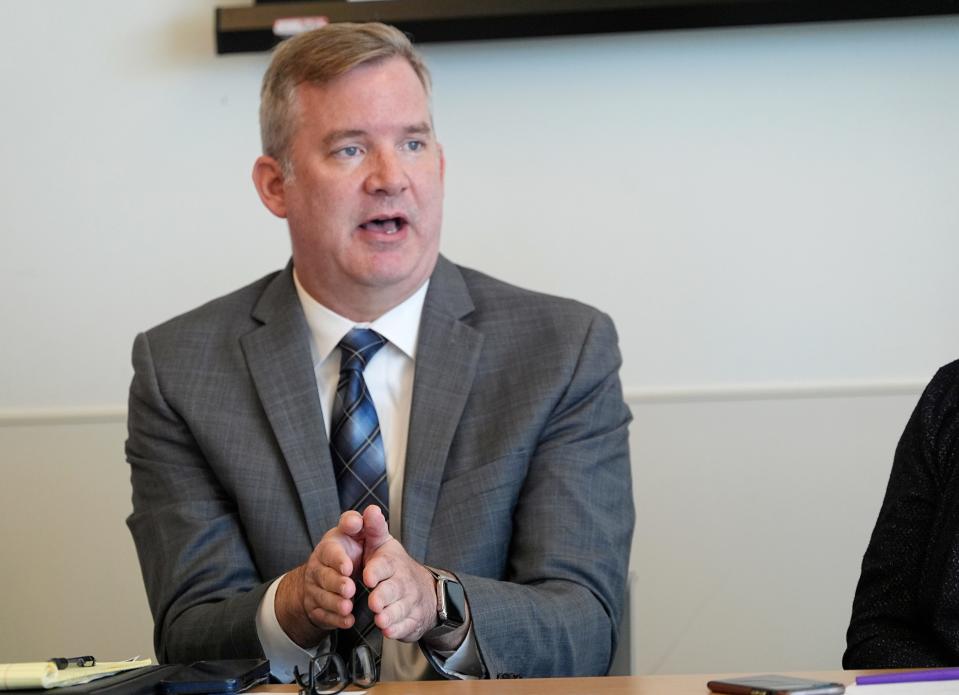
(Bloomberg) — Kenya’s biggest phone company Safaricom Plc is in talks with Elon Musk’s Starlink and other satellite providers on potential future partnerships, its Chief Executive Officer Peter Ndegwa said.
Most Read from Bloomberg
“From a satellite perspective, we have to partner with Starlink or other satellite providers in future to make sure that that technology plays right through,” he said in an interview in New York. “We have had some discussions, and we will continue to have those discussions to the extent that they complement what we are offering.”
While Musk, the world’s richest man, has won the hearts of consumers by launching satellites into low-Earth orbit to beam down broadband, internet and mobile companies that invested in local networks have raised concerns about whether the service complies with local laws. The government’s of Taiwan and India have echoed those worries while the likes of Indonesia, Argentina and Ghana have changed or waived their regulations for the SpaceX unit.
Sign up for the twice-weekly Next Africa newsletter for the latest business and economic news from the continent.
Starlink has struck partnership agreements to distribute and provide internet services in remote areas in many parts of the world, shying away from equity or ownership deals. It has a license to operate in Kenya.
An advocacy group in the East African nation has taken Safaricom to court, claiming the company is “actively seeking to block” Starlink, according a filing seen by Bloomberg. Ndegwa said during the interview that the company wasn’t trying to hinder Starlink, but rather asking regulators for a level playing field.
“There’s a misconception about Safaricom getting in the way,” Ndegwa said. “We don’t have the ability to prevent anyone from operating in Kenya. That is a regulatory decision.”
Safaricom sent a letter to regulators in July, asking that foreign satellite providers be required to take local telecommunications operators as partners when doing business in Kenya to boost investment and employment, and comply with local laws, according to advocacy group Kituo Cha Sheria’s law suit.
The wireless operator also told officials that allowing services such as Starlink to operate on independent licenses could lead to security risks and lapses in regulatory oversight, due to the cross-border nature of satellite services, according to the group’s court filing.
The advocacy group said any restrictive action by Safaricom or Kenyan regulators would be anti-competitive as it would limit access to faster and cheaper internet.
Ndegwa said Safaricom is successful because it invests between $300 million and $350 million to expand telecommunications infrastructure in Kenya each year.
“We are not worried about competition, we’ll deal with it,” Ndegwa said.
You can follow Bloomberg’s reporting on Africa on WhatsApp. Sign up here.
–With assistance from Andre-Pierre Du Plessis.
Most Read from Bloomberg Businessweek
©2024 Bloomberg L.P.
EMEA Tribune is not involved in this news article, it is taken from our partners and or from the News Agencies. Copyright and Credit go to the News Agencies, email news@emeatribune.com Follow our WhatsApp verified Channel




